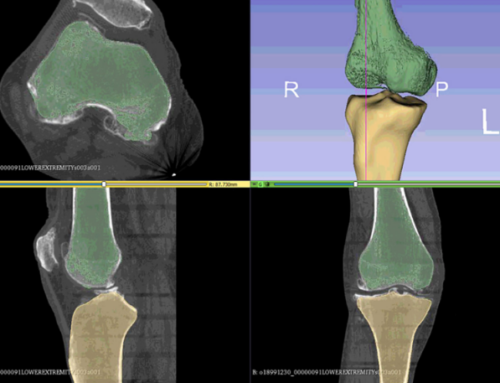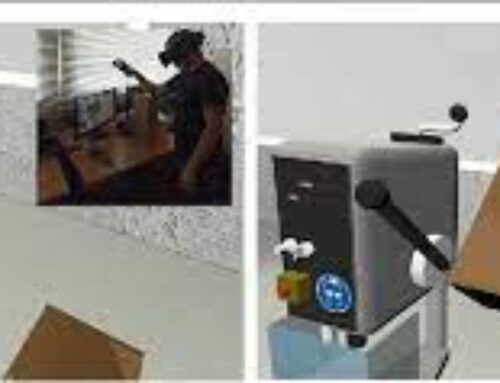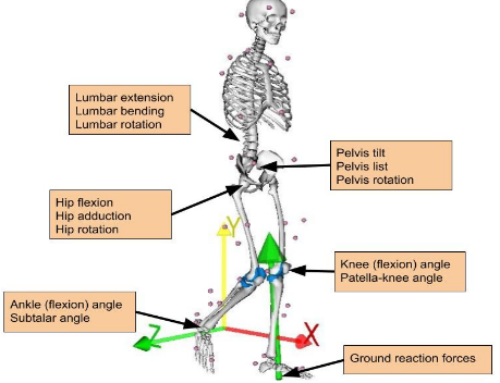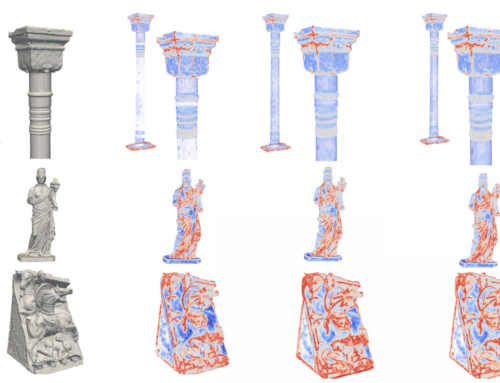This paper presents work conducted toward the biosignals-based automatic recognition of boredom, induced during videogame playing. For this purpose, common biosignal feature extraction methods were exploited and their capability to identify boredom was assessed. Moreover, for the first time, Legendre and Krawtchouk moments, as well as novel moment variations, were extracted as biosignal features and their potential toward automatic affect recognition was examined using the specific application scenario. The present analysis was conducted with ECG and GSR data collected from 19 different subjects, while boredom was naturally induced during the repetitive playing of a 3D video game. Conventional biosignal features as well as moment-based ones were found to be effective for the automatic recognition of boredom by achieving classification accuracies around 85 percent. Then, the joint use of moments and moment variations with conventional features was found to significantly improve classification accuracy by producing a maximum correct classification ratio of 94.17 percent
D. Giakoumis, D. Tzovaras, K. Moustakas and G. Hassapis, “Automatic Recognition of Boredom in Video Games using novel Biosignal Moment-based Features”, IEEE Transactions on Affective Computing, vol. 2, no. 3, pp. 119-133, September 2011





